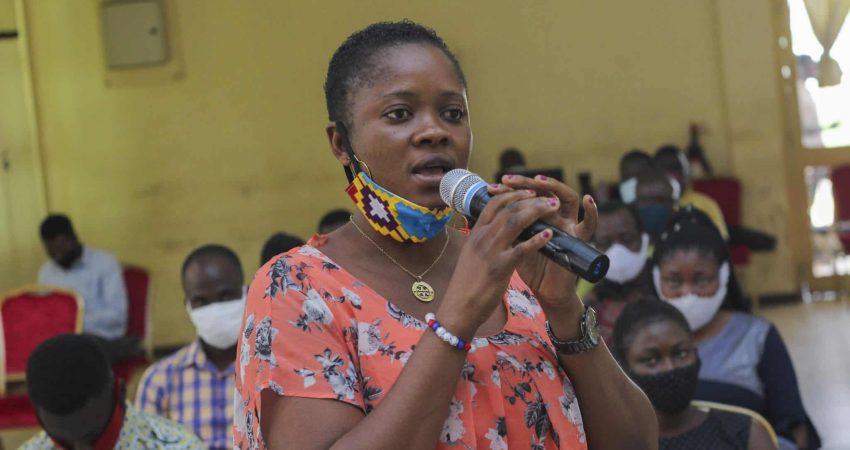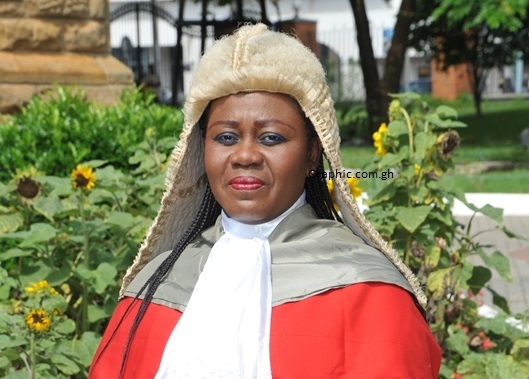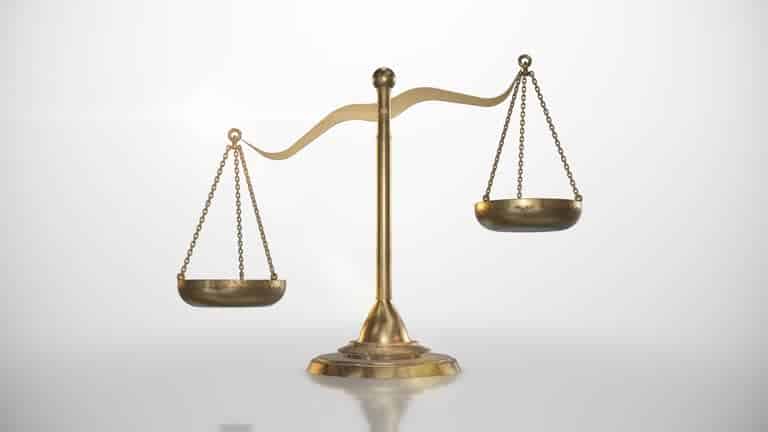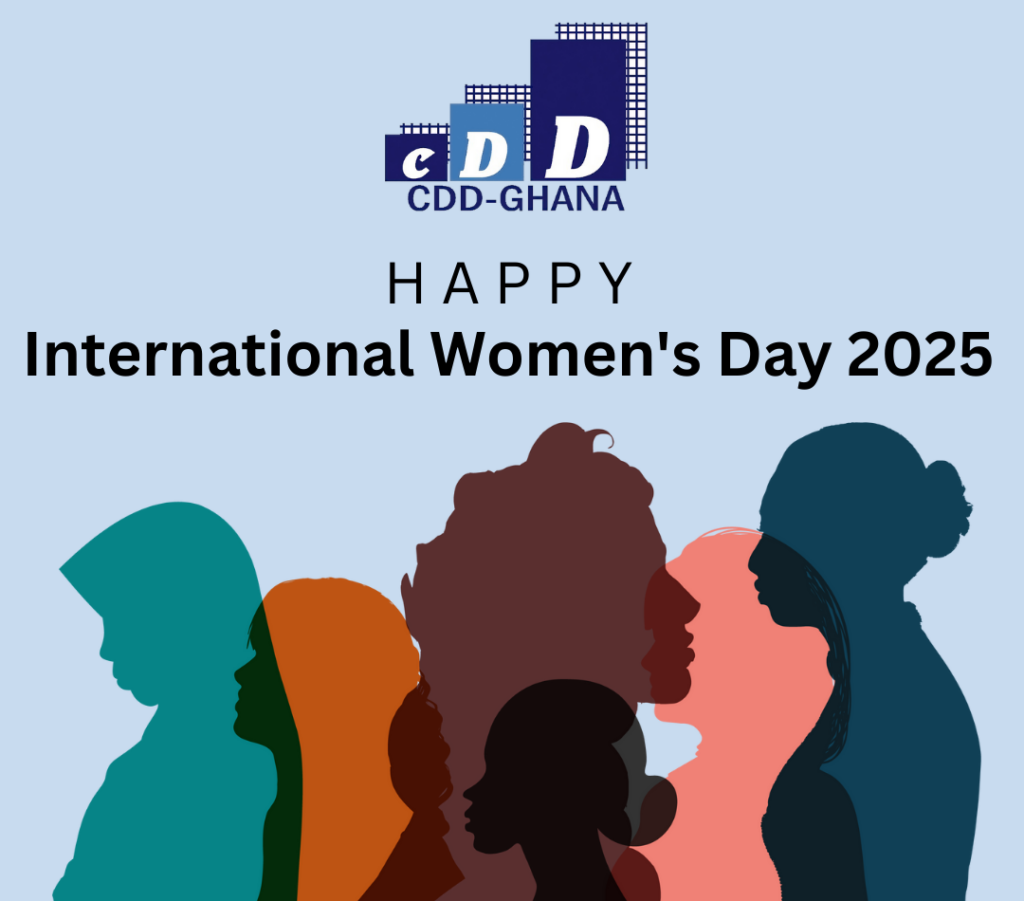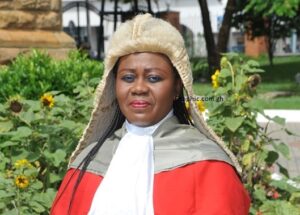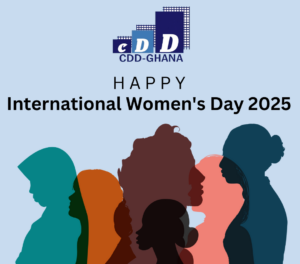In his “Our Democracy, Our Pride” Independence Day speech, the president, Nana Addo Dankwa Akufo-Addo, in praising Ghana’s democracy, bemoaned the current state of our public discourse. Two statements from the speech illustrate this concern – a) “we still have a lot more to learn especially when it comes to the tolerance of opposing views” and b) “there is no danger of dissenting voices not being heard on any subject, even though we still have more work to do on elevating the quality of public discourse.”
The two issues are linked. In a public space characterized by lack of tolerance for opposing views, it comes as no surprise when the quality of public discourse deteriorates.
The president could not have made this call at a better time given the theme of this year’s Independence Day celebration.
The Problem
I am a very keen observer of the many public discourses we engage in especially on social media. I have participated in several but have also stayed away from others. In my opinion, the sharpening of our partisanship edges, as citizens, accounts in large part for what the president is bemoaning about the current state of our public discourse.
Let me state very clearly that, in principle, I find nothing wrong with partisanship. In a democracy, where political parties play a very central role, citizens will develop affiliations with these parties. Over time, these affiliations become very strong. These strong affiliations serve political parties in many positive ways such as a) a reliable base of votes during elections; b) a reliable group of citizens who can be counted on to sacrifice resources – financial and non-financial for the party; and c) a reliable group of citizens willing to publicly engage in sharing and defending the ideas of the party.
A vibrant civic space where partisan citizens debate with passion important matters of national development should be encouraged as a necessary ingredient for building and sustaining a healthy democracy. It is through such passionate debates that we build consensus on how to address the myriad of problems facing the country.
As a country, we should not shy away from this kind of active citizenship. Our current president, during his inauguration speech on January 7, 2017, encouraged us to be “citizens, not spectators.”
What the president is decrying, and I agree with him, is not active citizenship. It is even not active partisan citizenship. Rather, in my opinion, he is alerting us to an unhealthy development in our public spaces – the way we treat each other when we have deep disagreements.
How does this lack of tolerance and the quality of our public discourse manifest itself? In my observations, it does so in several ways – a) the use of impolite language; b) the attacks on the persons with whom we disagree; c) the disregard for easily verifiable facts; d) the willingness to share misinformation; e) the ascribing of ill motives to honest and legitimate concerns raised by citizens; but most importantly f) our inability to recognize the legitimacy of the voices of those with whom we have deep political disagreements.
To build a healthier democracy and improve our democratic credentials the president is driving home a very simple point – we must eschew the six things I point to as unhealthy manifestations of the way we conduct ourselves in the public square.
The Way Forward
We do not dislike each other. In Afrobarometer Round 9 (2022), when asked “for each of the following types of people, please tell me whether you would like having people from this group as neighbors, dislike it, or not care: People who support a different political party?” only six percent (6%) answered “dislike”, with thirty-four percent (34%) answering “would not care”, while the remaining sixty percent (60%) answered “like.”
The issue is our passions sometimes get the better part of us especially when we feel as though the political party we dearly cherish is under attack. And when those feelings erupt, we feel obligated to rise in defense. The result is the unpleasant side of our public discourse.
It is easy to say that, whenever we engage in the public square on matters of national importance, let us –
a) develop the habit of not using impolite language during disagreements; b) not resort to personal attacks; c) not disregard facts that are easily verifiably;
d) be hesitant to willingly share misinformation;
e) not ascribe ill motives to honest and legitimate concerns raised by citizens; but most importantly
f) recognize the legitimacy of the voices of those with whom we have deep disagreements.
We must cultivate and grow these things as habits of the heart. It is the only way we can heed the president’s call to learn to be more tolerant and improve the quality of our public discourse.
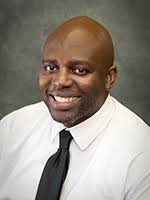 John Osae-Kwapong (Ph.D) is a Democracy and Development Fellow at the Ghana Center for Democratic Development (CDD-Ghana).
John Osae-Kwapong (Ph.D) is a Democracy and Development Fellow at the Ghana Center for Democratic Development (CDD-Ghana).


